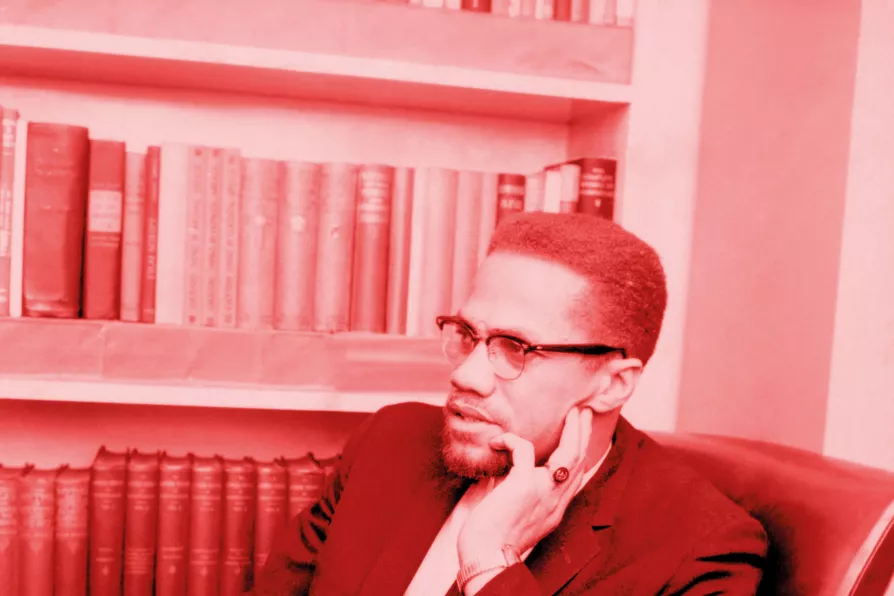Cuba, despite the privations, remains a beacon of sovereignty and resistance to imperialism, writes BERNARD REGAN

 INSPIRATION: Malcolm X at
the BBC’s Broadcasting House, London
in 1964
INSPIRATION: Malcolm X at
the BBC’s Broadcasting House, London
in 1964
TOMORROW, February 21, marks the 60th anniversary since the murder of Malcolm X.
The fact that his three daughters were forced to launch a $100 million (around £80m) legal case against the CIA, FBI and the New York Police Department is a reminder that there is unfinished business relating to the killing.
The case alleges that the agencies mentioned, and others, were involved in the murder plot and did nothing to stop the killing of this unparalleled fighter for black rights.

JOHN WIGHT tells the riveting story of one of the most controversial fights in the history of boxing and how, ultimately, Ali and Liston were controlled by others

As global fascism grows, ROGER McKENZIE urges the left to reclaim May Day’s revolutionary roots — not as an act of nostalgia, but as fuel for building a ‘community of resistance’ against exploitation and the rise of fascism












